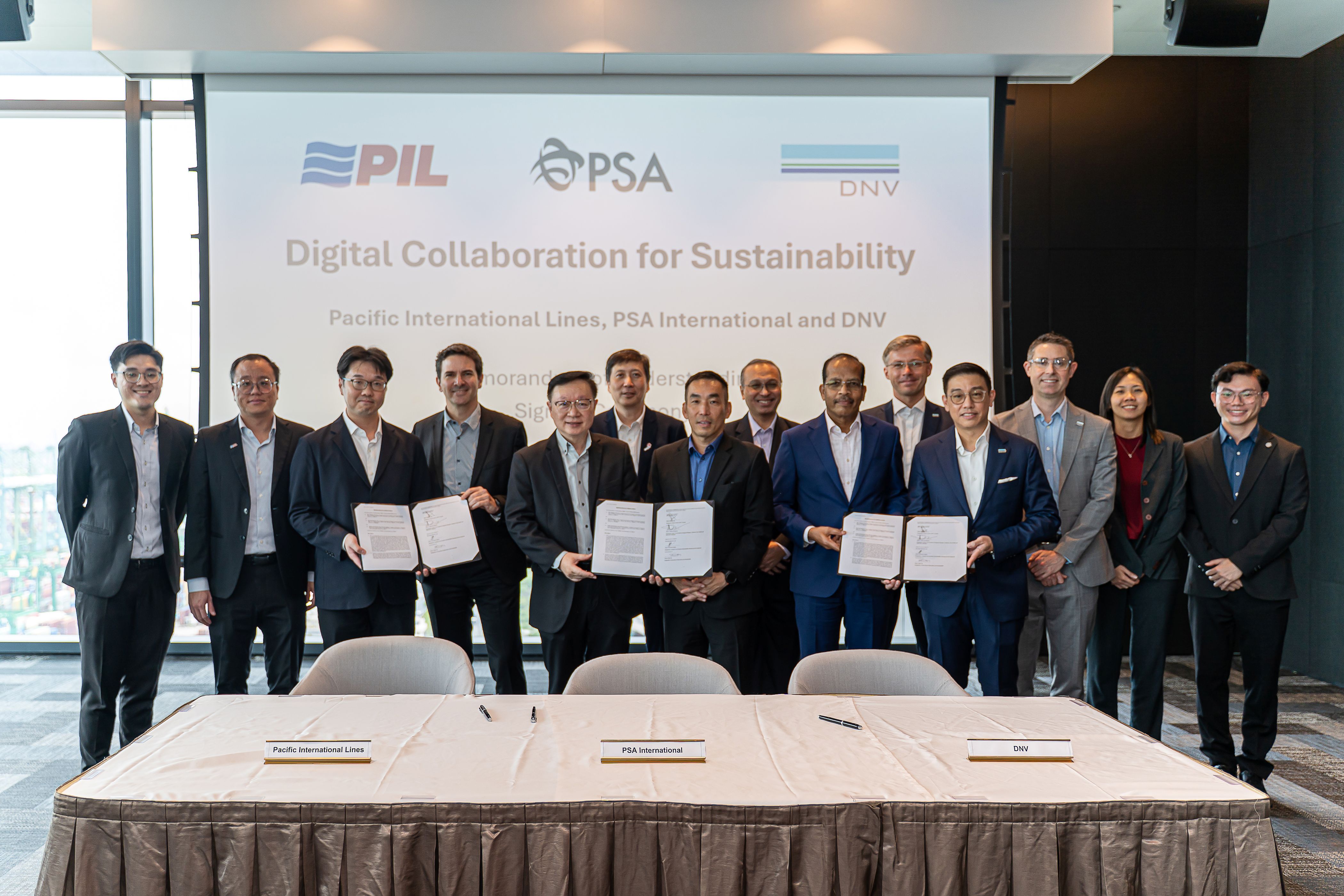
As the globally mandated cap on sulphur in fuel draws nearer, Veritas Petroleum Services’ (VPS) Paul Parkinson told shipowners they should take both practical and philosophical steps to prepare for the change and the inevitable challenges it presents.
“It’s a difficult environment for everybody, and I feel the pain, too,” Mr Parkinson, business development head of VPS’ oil condition monitoring unit, told the Sulphur Cap 2020 Conference in Amsterdam.
“There will be a wider range of fuels and oils and abatement technologies available, so there will be lots of things for you people to think about,” he said.
For shipowners trying to decide whether to change the fuel or the equipment onboard, Mr Parkinson said he could not provide a “magic bullet” solution and said every shipowner must evaluate the merits of each existing solution based on the criteria of price, availability, and effectiveness.
Another challenge associated with the sulphur cap regulations that come into force in 2020, according to Mr Parkinson, are the threats the changing fuels and lubricants market pose to fleets equipped with engines designed to handle higher-sulphur fuel.
Mr Parkinson’s concern is this: engines suffer from being too acidic or too alkaline, and the requirement to reduce sulphur emissions will have an impact on engine pH in any compliance scenario.
“Whatever the (chosen) solution, it will have an effect on the lubricants, and that is where I come in,” he said.
Most modern, two-stroke engines have been designed to operate on high-sulphur residual fuels. Consequently, the cylinder oils recommended to lubricate those engines have a high base number to counteract the acidity that results from a combustion process that creates sulphuric acid as a by-product. If the base number is too low, that acid is not neutralised, causing added wear for liners and piston rings from the acid’s corrosive effect on iron.
However, a vessel using low or ultra-low sulphur fuel – as many will be when the sulphur cap comes into effect – will produce less sulphuric acid during the combustion process and will need a lubricant with a lower base number. If the base number of the cylinder oil is too high, it could create an alkaline environment and the formation of alkali metal compounds such as calcium carbonate that can also damage engines.
“Lubricants can be an aid to identify potential problems and areas to improve and help to formulate a solution ... oil condition monitoring can be a mechanism to help with the challenges of this change,” Mr Parkinson said.
With so many decisions to make and so many potential pitfalls to navigate, Mr Parkinson worried that it could be difficult for shipowners to maintain threads of continuity within their respective businesses.
Citing change management guru John Kotter, Mr Parkinson said minimising the negative impacts stemming from the sulphur cap required a management philosophy that addressed both change and continuity.
“The existing structures and processes that, together, form an organisation’s operating system, need to have an additional element to address the challenges that are produced by mounting complexity and rapid change,” Mr Kotter wrote in the Harvard Business Review in 2012.
And, according to Mr Parkinson, there is plenty of opportunity for those brave enough to address the change head on.
“Ultimately, you want to protect your assets, you need to comply with legislation, and you have businesses to run and you have to save money,” he said.
“Don’t be frightened, just embrace it. I know that is easy for me to say because I do not manage fleets of vessels, but [the sulphur cap] is happening, and I think it is a great opportunity to embrace that change and decide what is best for you.”
Sources:mpropulsion
Please Contact Us at:
admin@xindemarine.com


 Baltic Exchange launches new Fuel Equivalence Conve
Baltic Exchange launches new Fuel Equivalence Conve  21 Consecutive Years of QUALSHIP 21 Recognition for
21 Consecutive Years of QUALSHIP 21 Recognition for  MPA and Wärtsilä Renew Partnership to Drive Marit
MPA and Wärtsilä Renew Partnership to Drive Marit  MPA and Dalian Maritime University Renew Partnershi
MPA and Dalian Maritime University Renew Partnershi  PSA INTERNATIONAL, DNV AND PACIFIC INTERNATIONAL LI
PSA INTERNATIONAL, DNV AND PACIFIC INTERNATIONAL LI  INTERCARGO Reaffirms Call for Simplicity as IMO Cli
INTERCARGO Reaffirms Call for Simplicity as IMO Cli